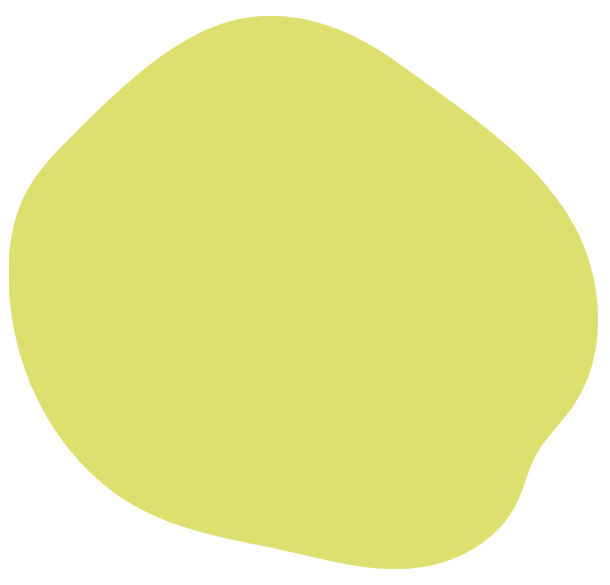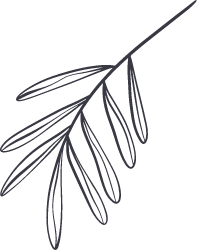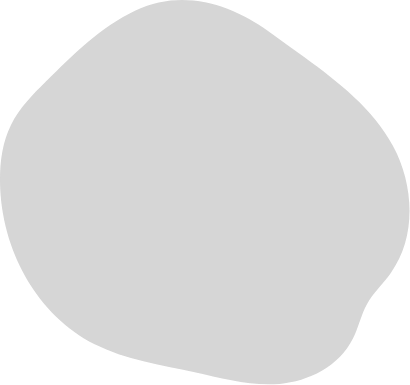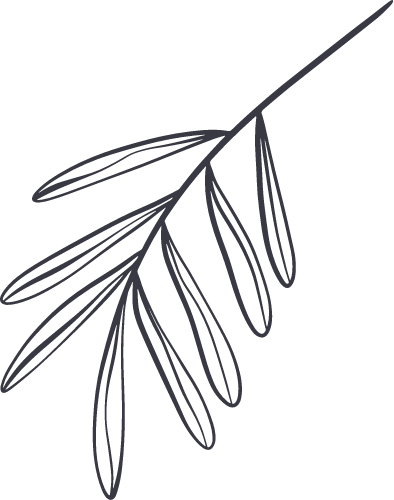When we read about Dr Miyawaki’s early life in his native land of Japan, we realize how much his childhood experiences influenced his thinking and his choices in life:
I was born the fourth son of a farming family in a mountainous area some 400 meters above sea level in Kibi Kogen, Okayama Prefecture. I grew up watching the people around me carry out the hard task of clearing weeds and undergrowth by hand, and in my young mind I wondered if there could be a way to make life a bit easier for farmers by keeping the weeds at bay without resorting to herbicides.
After completing school, he joined the Tokyo College of Agriculture and Forestry, though he was not very passionate about the subjects that were offered for study. Strangely, it was the bustling and polluted cityscape that fascinated him:
All around was a mass of greenery, yet I longed for the big cities standing shrouded in black smoke that I had seen in my text books in elementary and junior school. As a youth, my dream was to live somewhere where I could hear the deafening roar of airplanes every day.
Eventually, however, the extensive field work that he had to undertake along with his classmates, opened his eyes to the sheer variety of plant species around him, a treasure-chest of organic wealth that had not captured his attention so powerfully before. When he went back home on vacations, the ability to identify wild plants growing in the fields became a source of great joy, and inspired him to take up higher studies at Hiroshima University, the university closest to his village. There he was fortunate enough to meet Dr Yoshio Horikawa, a scientist who was very serious about field work, and when the young Miyawaki approached him to discuss the viability of the science of weed ecology, the response was:
“If you study weeds, Miyawaki, your work will probably never see the light of day and no one will have anything to do with you. But if you are determined to risk everything on this, then you should certainly go ahead and do it.”
He was prepared to take the risk, and it paid off, famously. He went on to become Professor at Yokohama National University and helmed the International Association for Ecology (1994-1998).



